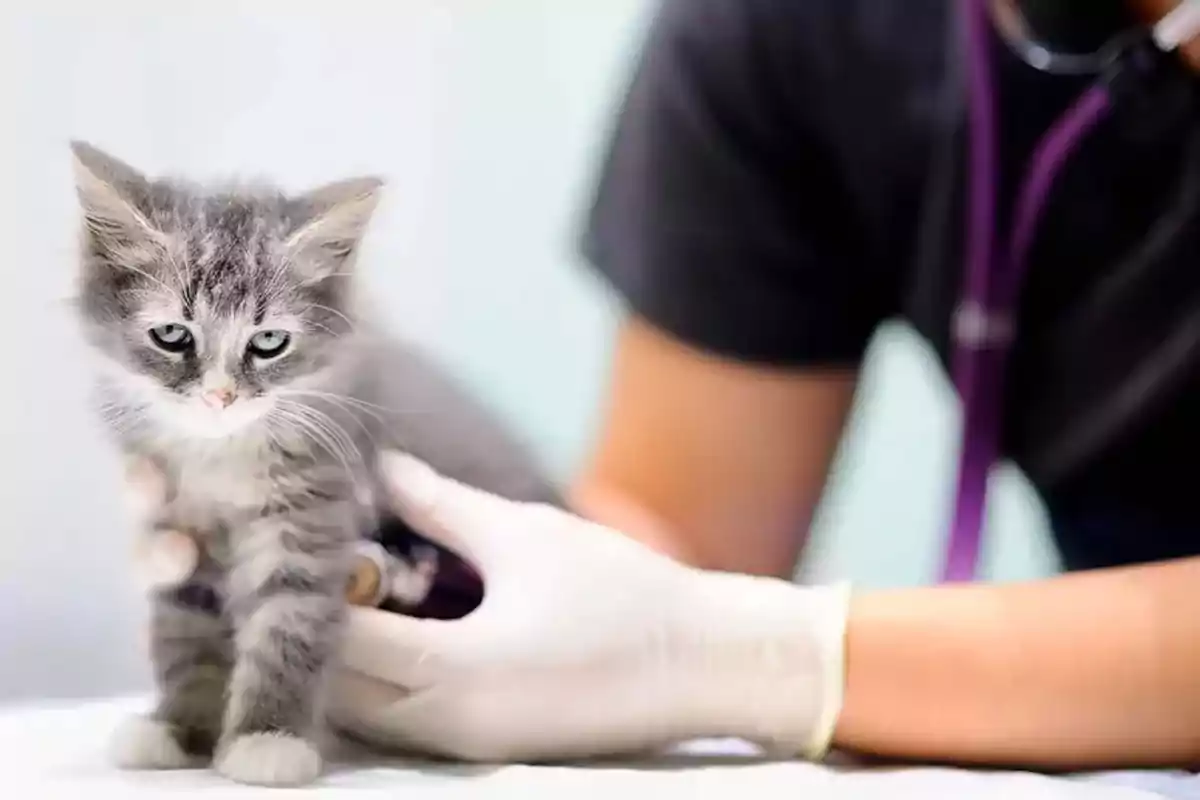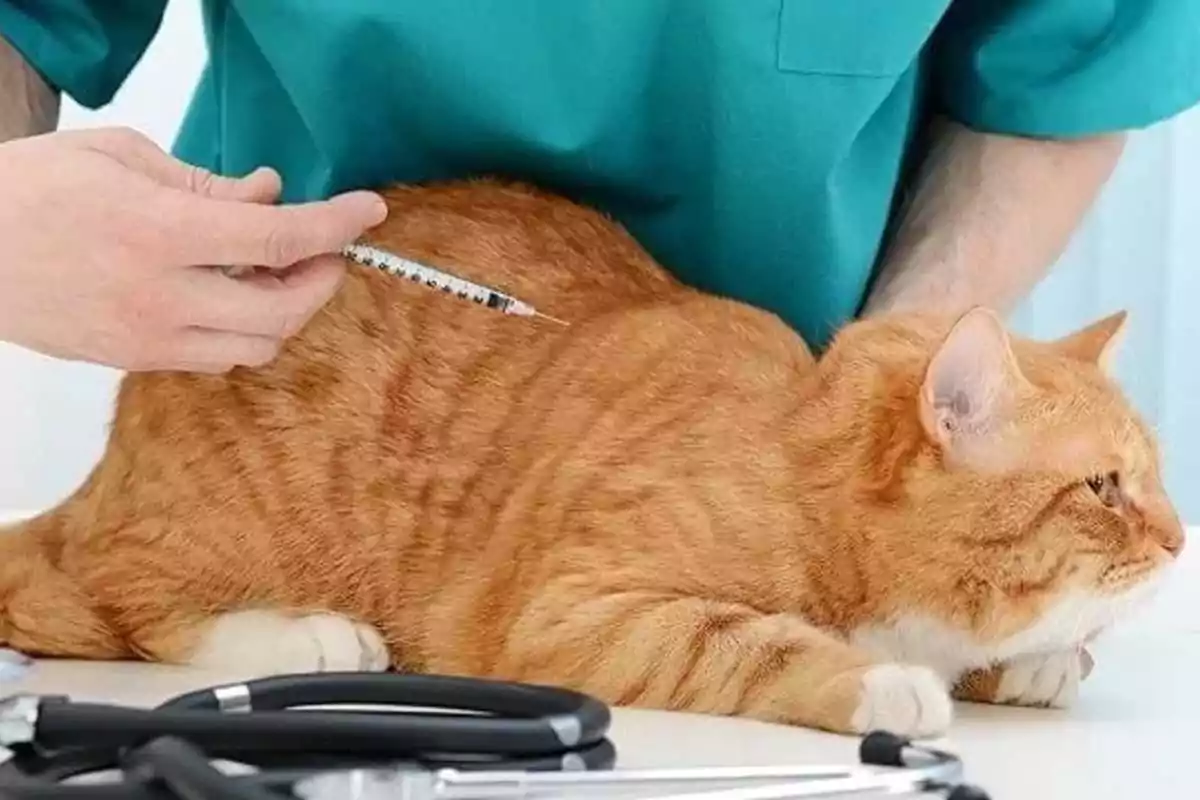
Cats that live 30 years? The treatment aimed at making it possible
A treatment aims to prevent CKD in cats and extend their lives. Can they really reach 30 years?
The idea that a Japanese treatment could allow cats to live up to 30 years went viral on social media. The news caused excitement among cat lovers, but the reality is more complex.
This advancement aims to prevent chronic kidney failure (CKD), one of the main causes of death in older cats. However, it doesn't guarantee record-breaking longevity nor is it a "magic vaccine."

What is chronic kidney failure in cats?
CKD occurs when the kidneys stop performing their function of eliminating waste from the body. It is progressive, incurable, and usually advances without obvious symptoms at first.
It affects 1 in every 3 cats over 10 years old and, although it can be treated to slow its progression, it ends up being fatal in many cases.
Common symptoms of feline CKD
- The cat drinks more water and urinates frequently.
- Weight loss, lack of appetite, and dehydration.
- Lethargy, vomiting, and dull coat.
- Bad breath and possible mouth ulcers.

To confirm the diagnosis, a blood test is required to detect elevated levels of urea and creatinine. It can be complemented with a urine test if infection is suspected.
How true is the treatment that could extend cats' lives?
The development was led by Toru Miyazaki, an immunologist at the University of Tokyo. In 1999, he identified a key protein: the Macrophage Apoptosis Inhibitor (AIM).

This protein helps macrophages detect and eliminate harmful waste in the kidneys. In cats, this mechanism doesn't work entirely well, which favors the early onset of CKD.
How does the treatment work?
AIM injections don't cure the disease, but help the immune system locate and eliminate accumulated cellular waste.
According to Miyazaki, AIM "marks" areas with waste so that macrophages can do their job. In cats, this could prevent kidney deterioration from an early age.

When will the treatment be available?
Currently, the drug is in the testing phase and is expected to be ready for use this year. Its long-term effectiveness in real cats still needs to be verified.
The goal is not to achieve 30-year-old cats, but rather to improve their quality of life and prolong it as much as possible. Other age-related diseases also affect their longevity.

Can cats live 30 years?
In exceptional cases, yes. In fact, the world's oldest cat, Creme Puff, lived 38 years, according to the Guinness Record. However, this is not common.
The average life expectancy of a domestic cat is around 15 years. However, many surpass 20 if they receive good veterinary care, proper nutrition, and a stable environment.
More posts: